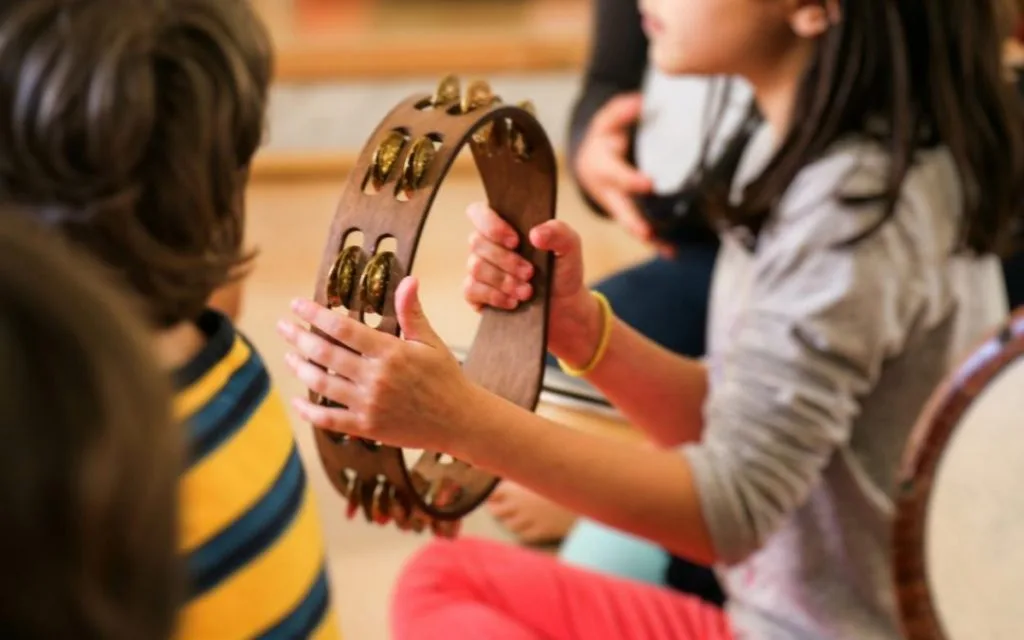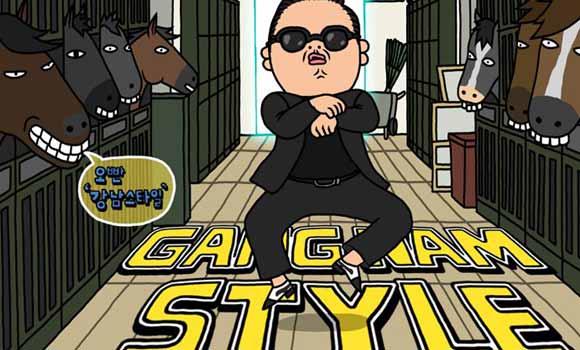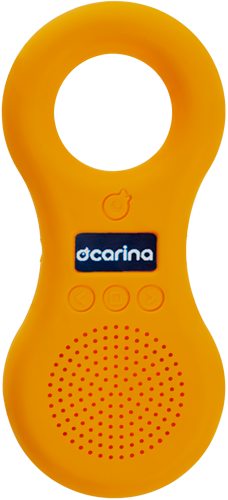Listening as awakening to sound and music can be an educational experience that promotes self knowledge, of the others and of the world. The sounds that we perceive affect our emotions, our imagination, our behaviors and certainly also act on the cognitive level. In this perspective, any activity and any educational path involving sound stimulation can be very useful in the school environment, helping children to learn as well as through relationships and socialization.
School and listening
Unfortunately, music is not always integrated into school activities. In particular, a teacher who does not consider himself as a professional musician and neither a “genius” of the subject, ends up refusing to use any sound experience or sound listening as a way of raising awareness on listening in general.
In fact, many educational theories say that sound and music listening is not meant to educate young musicians, but that it is essential to stimulate in each one many perceptual skills, such as concentration, attention to detail, sense of order and discipline, attention to breaks, analysis of sound and of oneself as a source, including of sound.
It is a listening attitude that “precedes” formal musical listening.
The pedagogue Maria Montessori as well as the Japanese violinist Shinichi Suzuki, founder of the homonymous method whose value is recognized throughout the world, support the centrality of musical learning for children, and especially that we cannot distinguish between gifted children or not: everyone at birth has innate talents that can be developed during growth if the environment allows it.
The Effects of Music on the Human Body: Studies
Beyond the musical development of the child, recent studies show how music affects our body. The researchers measured several parameters during listening activities: breathing rate, blood pressure, arterial flow in the brain, heart rate. We can deduce that musical pieces have a constant and dynamic influence on the cardiovascular and respiratory system. In fact, the heartbeat and breathing are synchronized with the music, regardless of the subjects’ knowledge and musical preferences. Fast-paced music speeds up breathing, heart rate, and increases blood pressure, while calmer, more rhythmic music has the opposite effect of general relaxation which slows the pace and lowers pressure.
A German study from the Ruhr University of Bochum, published in the journal Deutsches Ärzteblatt International, found that the music of Mozart and Strauss lowers blood pressure, heart rate and the level of cortisol, the so-called hormone of stress. The same can’t be said for the pop group Abba, which seems to have no significant effect on blood circulation.
These data were confirmed by a study carried out by Professor Luciano Bernardi (2018) of the University of Padua who wanted to understand whether listening to music, especially classical and lyrical music, produced particular effects on the human body. Bernardi says, commenting on the results of his work: “Music generates continuous and dynamic changes, and quite predictable, in the cardiovascular system; it is not only the emotions elicited by the music that influence cardiovascular changes, but also the opposite, that means in a bidirectional way, the cardiovascular changes induced by the music can be the substrate to elicit new emotions ”.
Sound and Music Listening could therefore not only constitute a didactic tool available to teachers, but if used systematically, it could also help to create emotions and moods that promote a children predisposition to learning.








